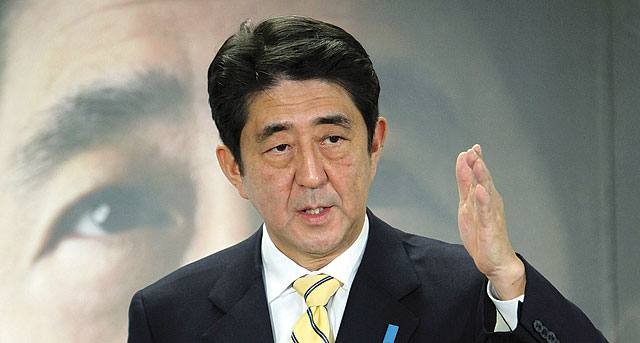Top Philippine Pension Fund Seeks More Stocks as Bonds Sink Bloomberg Business
Post on: 16 Март, 2015 No Comment

(Bloomberg) — The largest Philippine pension fund wants to increase the amount it can invest in stocks as returns from bonds shrink. The nation’s benchmark equities index gained the most in a week.
The Government Service Insurance System, which has about 860 billion pesos ($19.4 billion) of investable funds, plans to ask its board to raise the cap on equities to 30 percent of assets from 20 percent, President Robert Vergara said in an interview Wednesday in Manila. Equities currently account for about 18.5 percent of the fund’s investments, he said.
The benchmark Philippine Stock Exchange Index has risen 8.4 percent this year, the second best performance among Asia’s benchmark equity gauges, on expectations falling oil prices will boost consumer spending and propel economic growth. Peso-denominated government bonds have returned less than 1 percent, versus 6.6 percent in 2014 and 17 percent in 2011, according to data compiled by Bloomberg.
“Bonds right now are just digging a big hole for me,” Vergara said. “As we approach the 20 percent threshold, we want to ask for an increase in the weighting that we can have in equities.”
The fund’s plan to boost stock holdings echoes that of regional peers. Japan’s public retirement-savings manager more than doubled its target allocation for equities in October, while Thailand’s biggest government pension fund said in January it’s seeking approval to reduce sovereign debt holdings.
Six Years
GSIS, as the Philippine fund for more than one million state workers is known, needs at least an 8.5 percent return on investments to meet its obligations to members until 2048. Last year, its investments returned 8.9 percent and that may have lengthened the fund’s actuarial life to 2050, said Vergara, who is 54.
Profit at the pension fund more than tripled to 139.9 billion pesos last year from 44.3 billion pesos in 2013, boosted by a shift to fair-value accounting of its assets and returns from its local equity and fixed-income investments.
At the end of 2014, about 48 percent of GSIS’s funds were in fixed income, 26 percent in loans to members, 17 percent in equities and about 4 percent in real estate, Vergara said. The balance was in cash.
The Philippine Stock Exchange Index has advanced in each of the past six years, a record winning streak and the longest stretch of gains among 73 equity indexes worldwide. The gauge has rallied more than 310 percent since the end of 2008, outpacing the MSCI Asia Pacific Index’s gain of about 60 percent in the same period.
‘Positive Signal’
The Philippine Stock Exchange Index rose 0.6 percent at the close in Manila today, paced by gains in Emperador Inc. the world’s biggest brandy maker, and GT Capital Holdings Inc. which owns shares in finance, energy and automotive companies.
GSIS’s intention “is a positive signal for the market,” Astro del Castillo, managing director at First Grade Finance, said by phone. “It supports the fundamentals of companies and the strong outlook for the economy, encouraging investors to put more money into the market”
Philippine equities are poised to extend gains as economic growth accelerates, boosted by rising remittances from overseas Filipino workers, increasing infrastructure investments and higher government and consumer spending, said Vergara, who has run GSIS since 2010.
Investment Ceiling
The Philippines may be among the biggest winners in an environment of falling oil prices, with economic growth expected to accelerate to an average of 7.6 percent over the next two years, according to an Oxford Economics Ltd. analysis of 45 economies in December.
A higher equity investment ceiling will benefit GSIS even if the stock rally ends, as it will give the fund more room to accumulate equities at cheaper levels, Vergara said.
The Philippine stock index trades at 19 times estimated earnings for the next 12 months, according to data compiled by Bloomberg. That compares with 11 times for the MSCI Emerging Markets Index.
“Putting a cap of 20 percent on an investment alternative which has performed quite well over the years because of economic growth is constraining,” Vergara said. “I have been praying for a correction that hasn’t come. When that comes, we will be over it like a cheap suit.”
To contact the reporters on this story: Ian Sayson in Manila at isayson@bloomberg.net ; Cecilia Yap in Manila at cyap19@bloomberg.net ; Siegfrid Alegado in Manila at aalegado1@bloomberg.net
To contact the editors responsible for this story: Michael Patterson at mpatterson10@bloomberg.net Matthew Oakley














